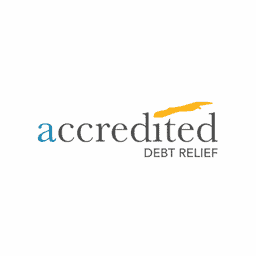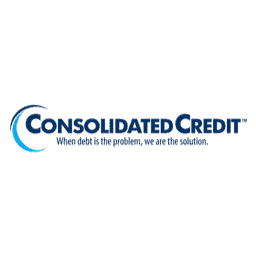Debt consolidation involves rolling multiple outstanding balances into a single debt product, preferably with a lower interest rate, to save on interest and get out of debt faster.
If you’re overwhelmed by debt and the monthly payments are too much for your budget, you may be considering debt consolidation. Many consumers commonly use debt consolidation loans and balance transfer credit cards. You’ll generally need at least good or better credit for either approach to be worthwhile. Otherwise, you risk getting a higher interest rate than you already have and paying even more in interest, despite a lower monthly payment.
Read on to learn more about the potential impacts that debt consolidation can have on your credit rating.
Debt Consolidation: Positive Credit Impact
Improve Payment History
Debt consolidation simplifies the repayment process as you’ll only pay one creditor instead of several each month. Furthermore, your payment history, which accounts for 35 percent of your FICO score, could improve over time. You won’t have to keep up with several due dates and risk missing payments, assuming you make timely payments on the new loan or credit card.
On-time Payments
Perhaps you skipped a few debt payments before consolidating because you couldn’t afford them? With a more affordable lump-sum payment for all your balances each month, you’ll reduce the likelihood of falling behind again.
Lower Credit Utilization Ratio
Your credit utilization, which is 30 percent of your score, refers to the amount of credit currently in use on your account. So, if the credit limit on your MasterCard is $1,000 and you have a $500 balance, your utilization rate is 50 percent. Ideally, you want this percentage to be at 30 percent or lower to give yourself the best chance at a healthy credit score. And by consolidating your credit card balances using a personal loan, you’ll easily improve your utilization and boost your score if you don’t use the cards once you pay them off.
Improve Credit Mix
Creditors and lenders like to see a healthy combination of revolving and installment loans. Credit mix is also 10 percent of your FICO score. Adding a debt consolidation loan to your credit profile could help if you don’t currently have any installment loans.
Debt Consolidation: Negative Credit Impact
New Credit Applications and Hard Inquiries on Your Credit
You’ll need to apply for a personal loan or balance transfer credit card to consolidate your debt. Unfortunately, a hard inquiry drops your score by two to five points each time you submit a credit application. Several inquiries in a short window could mean bad news for your credit score.
The upside is many lenders and credit card issuers offer online pre-qualification tools that let you gauge your approval odds without impacting your credit score. They use what’s referred to as a soft inquiry to screen your credit profile, and you won’t have to undergo a hard inquiry unless you decide to submit a formal application.
A Decline in the Average Age of Your Accounts
Your length of credit history is 15 percent of your credit score. So each time you open a new credit account, whether it’s for debt consolidation or something else, it decreases the average age of your accounts.
How To Minimize Impact on Your Credit
Consider A Debt Relief Solutions Expert
Non-profit credit counseling agencies offer an alternative way to consolidate debt. It’s referred to as a debt management plan (DMP) and can help you reduce your monthly payments by 30 to 50 percent. You can also save up to 11 percent in interest and eliminate your unsecured debts in just 36 to 60 months without tanking your credit score.
Avoid More Debt
It’s counterproductive to rack up more debt once you consolidate your current balances. Consequently, you want to refrain from using the credit cards once you pay them off with the consolidation loan or balance transfer credit card. Otherwise, you’ll end up with even more debt than you started with.
Monitor Your Payment and Spending Habits
You’ll also want to stick to a spending plan that incorporates your debt-payoff goals for debt consolidation to be effective and preserve your credit score.
Monitor Your Credit
Consider enrolling in a credit monitoring service to keep tabs on any activity that takes place in your credit profile. You’ll also be alerted to suspicious activity so that you can file disputes promptly. This service is available free of charge through Experian or other online platforms, like Credit Sesame, Credit Karma and Wallet Hub.










